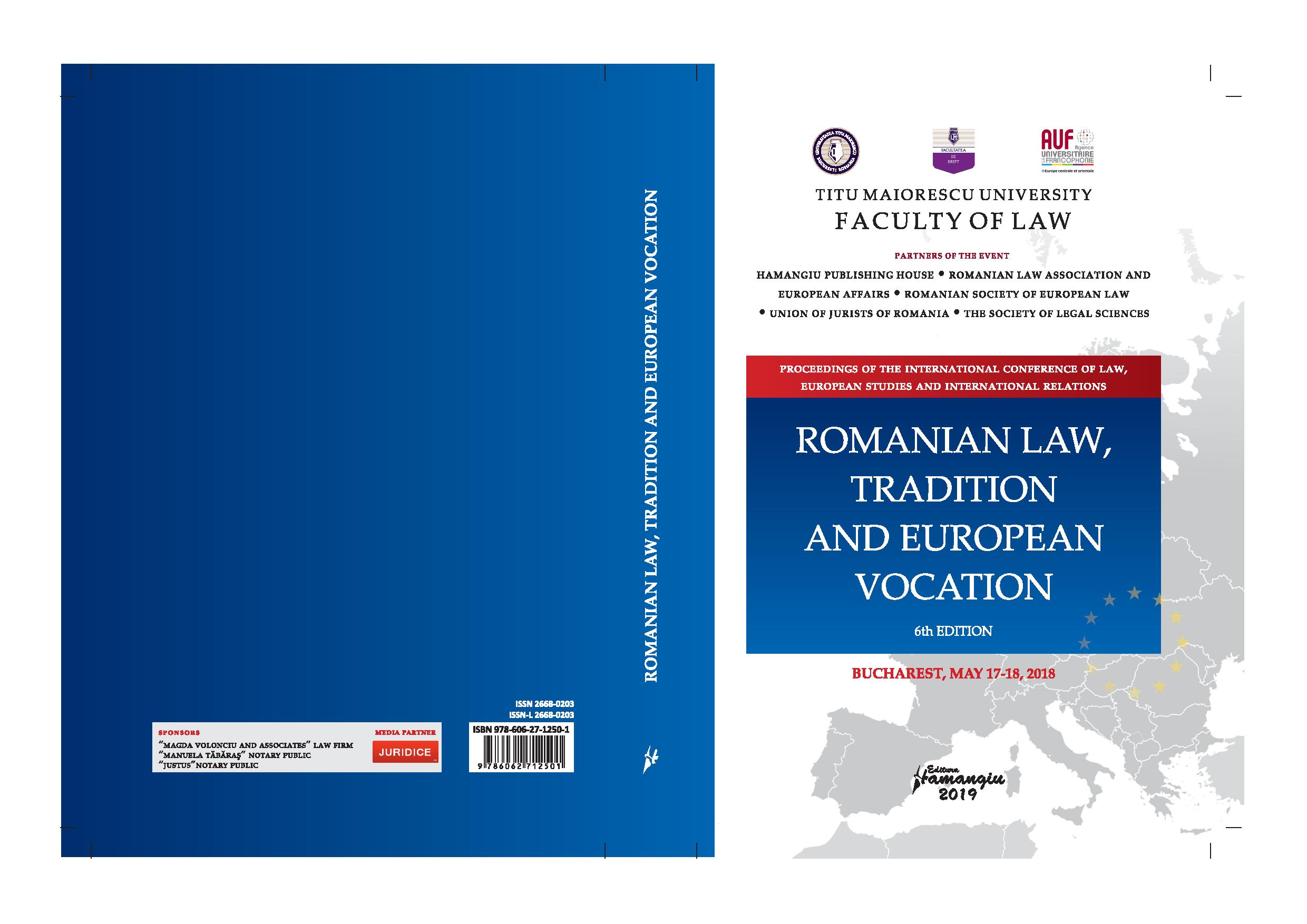The Parliamentary Character of Romania’s Republican Regime (Romania – Parliamentary Republic)
The Parliamentary Character of Romania’s Republican Regime (Romania – Parliamentary Republic)
Author(s): Adrian SeverinSubject(s): Constitutional Law
Published by: Editura Hamangiu S.R.L.
Keywords: Constitution; governing regime; republic; semi-presidentialism; presidentialism; parliamentarianism;
Summary/Abstract: The issue of defining Romania’s government form, mainly concerning the type of republican regime adopted through Romania’s Constitution, becomes the more important with the proliferation of inter-institutional controversies. The latter are submitted for resolution to the Constitutional Court, which, it must always be reminded, is not a part of the judicial power, but a purely political institution, whose minimal objectivity is defended by the appointment of its members by various state institutions; the more or less fragile and symmetrical balance of powers is reflected by its decisions, which are compulsory, according to the social contract, but not sacrosanct.That is why it is necessary to have a scientific opinion, which would answer to the question: "what kind of republic is Romania?" This does not only express a theoretical curiosity, but synthesizes the conflict of competencies between institutions created by Constitution and the need for solving them in accordance with national interest, as it was reflected in the logic of our fundamental law.A recent poll undertaken among members of parliament demonstrated that most of them believe Romania is a semi-presidential republic. However, respon¬dents did not know to define with a minimal precision such a republic.In what concerns media, both the one regarding general politics and the one with a special emphasis on the field of justice, constantly reflect a similar con¬viction: "Romania is a semi-presidential republic". It does not matter what the Constitution provides, but what is believed it reads. Prejudices concerning the meaning of the constitutional text, built around partisan arguments as early as the first debates of the Constitutional Assembly and its collateral negotiations, during 1990 and 1991, have become a real custom, following continuous use.What is very concerning is the fact that within several law faculties (of the numerous created after 1990), professors tell the same things and students/alumni, unaccustomed to think critically, are repeating the error over and over, reaching in fact to a modification of the state’s constitutional order. Obviously, these theories dominate the specialized literature, as nobody has the courage of contradicting them.
Journal: Conferința Internațională de Drept, Studii Europene și Relații Internaționale
- Issue Year: VI/2018
- Issue No: VI
- Page Range: 159-190
- Page Count: 32
- Language: English

